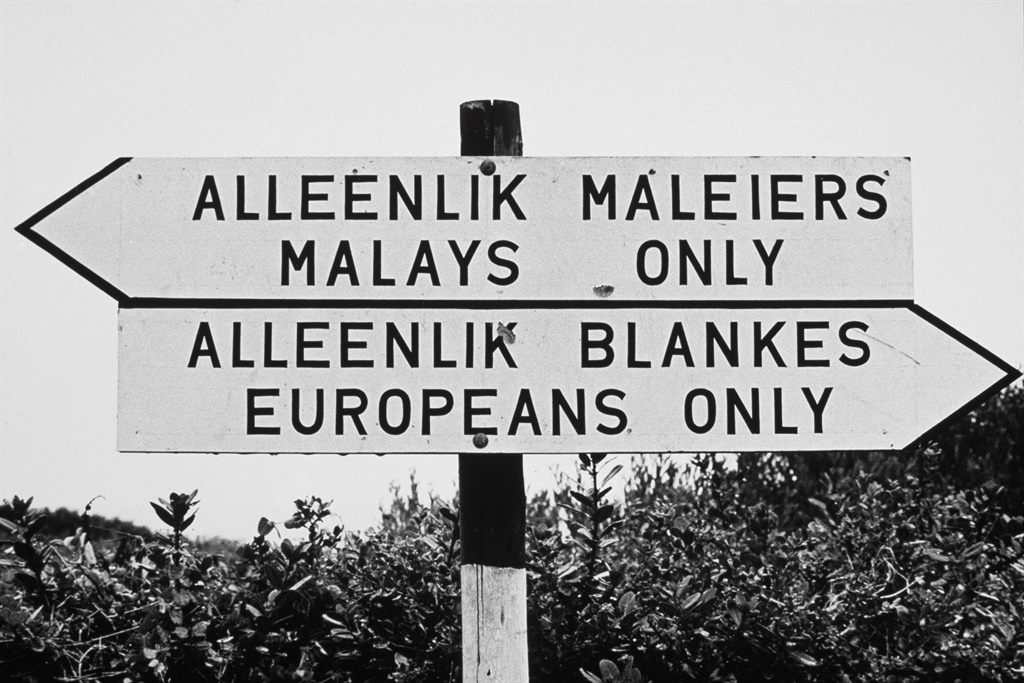Under the Reservation of Separate Amenities Act of 1953 all public premises, vehicles and services were racially segregated.
Apart from public roads and streets, the use of amenities spanning bathrooms, benches, parks, church halls, town halls, cinemas, theaters, cafes, restaurants, hotels, schools and universities was reserved in accordance with one’s racial classification.
This act was not the first to institutionalise the separation of amenities by race. It followed the Urban Areas Act of 1923 that relegated black people to townships as well as the 1949 amendment of the Railways and Harbours Act of 1916 which segregated trade and mobility.




 Publications
Publications
 Partners
Partners













